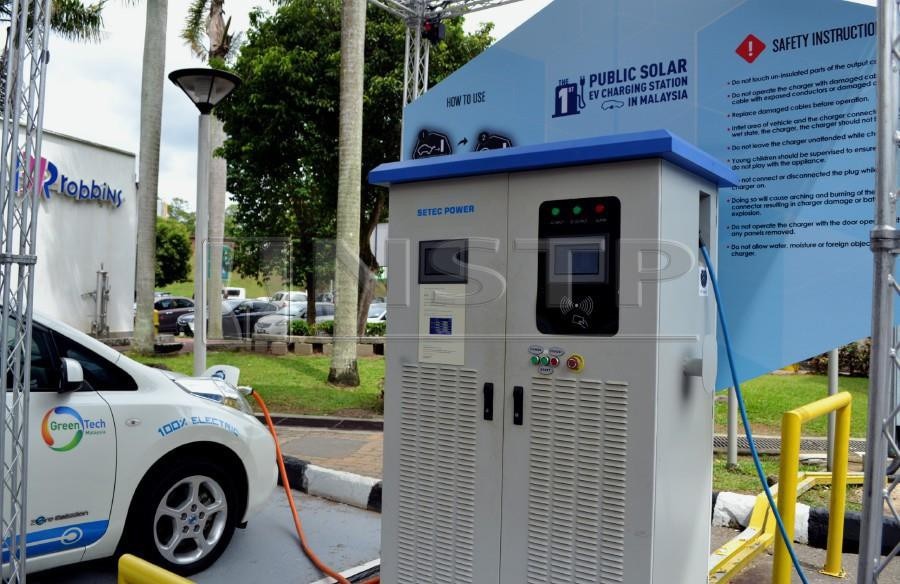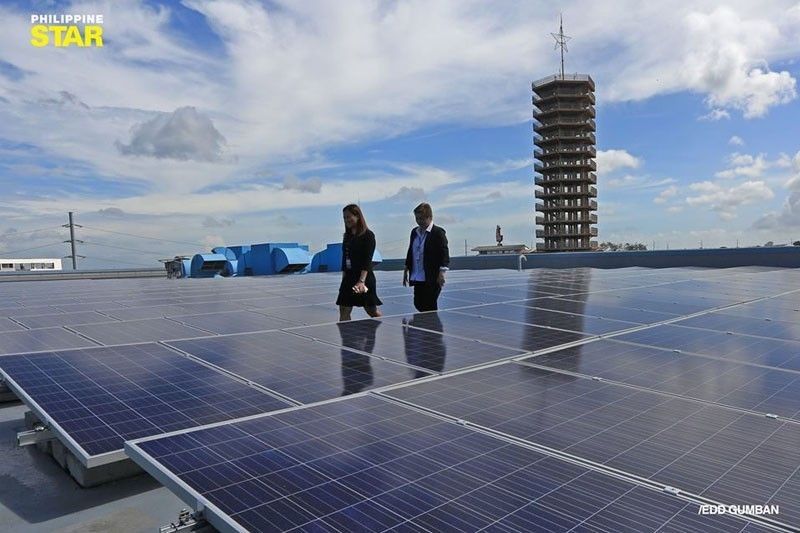- Energy Cooperation ,
- Energy Efficiency
–
- Philippines
MANILA, Philippines — The European Union (EU) Delegation to the Philippines on Thursday said the EU and the Philippines signed seven contracts for projects that would offer “clean energy” to 40,000 households in the country.
The EU said they allocated €21 million for the projects which would contribute to the Department of Energy’s goal of “100 percent electrification” in the country by 2020.
The project is part of the EU’s Access to Sustainable Energy Program (EU-ASEP) which seeks to provide electricity for 100,000 households in the country.
In a statement, EU Ambassador Franz Jessen said the ASEP, which will be implemented until 2021, will increase access to electricity by remote populations and “pursue new energy efficiency strategies.”
The seven projects, which will be launched in January 2019, include the following:
- €5 million for Mahintana Foundation Inc. which will establish Solar Home Systems (SHS) in 5,000 households of North Cotabato, Sarangani, South Cotabato, Sultan Kudarat and Maguindanao.
- €4.5 million for YAMOG which would offer sustainable energy to 5,000 households in Mindanao. Of the 5,000 households, 3,800 households will be provided Solar Home Systems while 1,200 will gain access to “pico-hydropower” energy.
- €3.9 million for Kabang Kalikasan which would provide 24-hour energy access to 4 poor, remote island communities.
- €4.2 million for United Nations Industrial Development Organisation (UNIDO) which would offer and increase renewable energy technology in Tawi-Tawi.
- €3.7 million to provide renewable energy for remote areas and off-grid communities in North Samar.
- €2.2 million grant for Renewable Energy for Livelihood and Youth to provide renewable energy in poor and remote communities in Region VII and Region IV-B.
- €3.8 million for Clean Energy Living Laboratories which would be offered to Ateneo de Manila University to develop centers of excellence on “energy access, renewable energy and energy efficiency.
In total, the project will cost €28 million, with nearly€ 7 million coming from the contributions of applicants and their partners.
“In fact, it has been quite a hard competition in which not less than 73 applicants proposed innovative business solutions for the provision of clean energy in remote areas of the Philippines,”Jessen said in his speech.
“In the selection process, relevance, feasibility, and sustainability of the actions have been carefully assessed and 7 grants were awarded,” he added.







